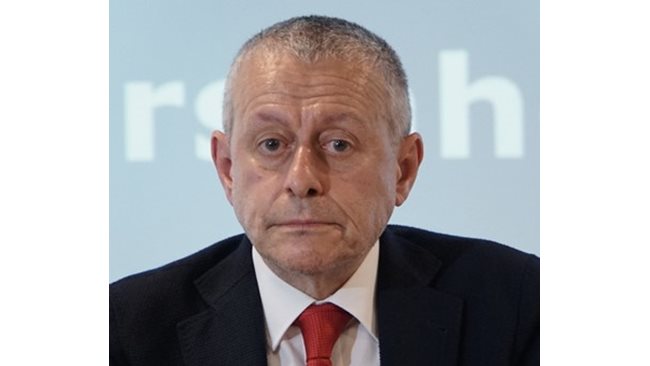“It’s as if he had disappeared”: in fifteen months, Julien Rocher only saw once his son settled in the United States, a drama representative of the separation that thousands of families have been experiencing since the closure of US borders because of the coronavirus.
With the progress of mass vaccination on both sides of the Atlantic, petitions are popping up calling for the reopening of borders, and testimonies of separated, distressed and angry families are multiplying on social media.
They denounce Washington’s lack of reciprocity after the European Union’s decision to reopen its doors to American travelers soon.
“It’s complicated to keep family ties over time with such a distance,” said Mr. Rocher, French director of commercials, to AFP, while his son Zadig, 11, has a half-sister of three. years in France.
The visa for the little boy, who lives in Los Angeles with his mother, expired during the pandemic and the wait times for a renewal are counting in months. His mother refuses to let him travel, as he did every year before the pandemic, with no guarantee that he will be able to return to the United States.
“I did not immediately realize the impact on our relationship, but the second summer is coming and I have the impression of losing my footing completely, it is as if he had disappeared”, explains Julien Rocher.
Faced with the explosion of COVID-19 cases, the US government closed its borders to travelers from China in January 2020, from countries in the Schengen area, the United Kingdom and Ireland in March 2020, then from Brazil in May 2020. Joe Biden extended it to South Africa and India after the appearance of highly contagious variants.
Several European countries which had taken similar measures announced relief from restrictions for the summer.
Family dramas
The measure, which does not apply to US citizens or permanent residents, targets tourists but also certain long-stay visa holders considered non-residents, even if they live and pay taxes in the United States.
To return to the territory, they must confine themselves for 14 days in a third country such as Turkey or Mexico. Certain statuses (students, journalists, beneficiaries of medical or humanitarian emergencies) can obtain an exception under the national interest (NIE).
Julien Rocher was able to find his son at the beginning of the year during a professional trip to California for which he benefited from one of these exceptions. But keeping a subsidiary relationship with Zoom is “very complicated”, according to him.
Others have experienced family tragedies.
Phil and Michelle White, British citizens living near San Francisco, each lost their mothers in the spring.
“My mother-in-law died the day before my mother’s funeral” in London, says Phil. “My wife was able to say goodbye to her mother through Facetime, which unfortunately I couldn’t do.”
The couple were unable to attend the funeral in person and had to follow the ceremonies live on the internet.
Phil White feels the victim of “discrimination” vis-à-vis those who can travel with some freedom.
“All the attention is on tourism. I understand that (the US authorities) don’t want hordes from Manchester to visit Las Vegas, but our situation is different. We live and work here, my company employs US citizens who can go to the UK when we can’t, ”he explains.
A “strong gesture”
These restrictions apply to thousands of foreigners with work visas.
Brazilian Ana Luiza Farias works in the corporate governance sector in Washington and must obtain an entry visa to the United States every time she leaves the country. But the American embassy has stopped issuing them because of the health situation in Brazil and she has not seen her family for over a year.
Célia Belin, a political scientist at the Brookings Institution in Washington, denounced in the French daily Le Monde “a discriminatory regime” which plunges foreigners into a “Kafkaesque situation”: not to leave, to leave without a guarantee of return, to confine yourself to a countries where the epidemic is progressing with the risk of being infected …
She called on Joe Biden to “make a strong gesture” during his trip to Europe in mid-June for the G7 and NATO summits and with the European Union.
Especially since air transport professionals are putting pressure on the Democratic administration to resume international traffic, in the name of reviving the sector.
–


